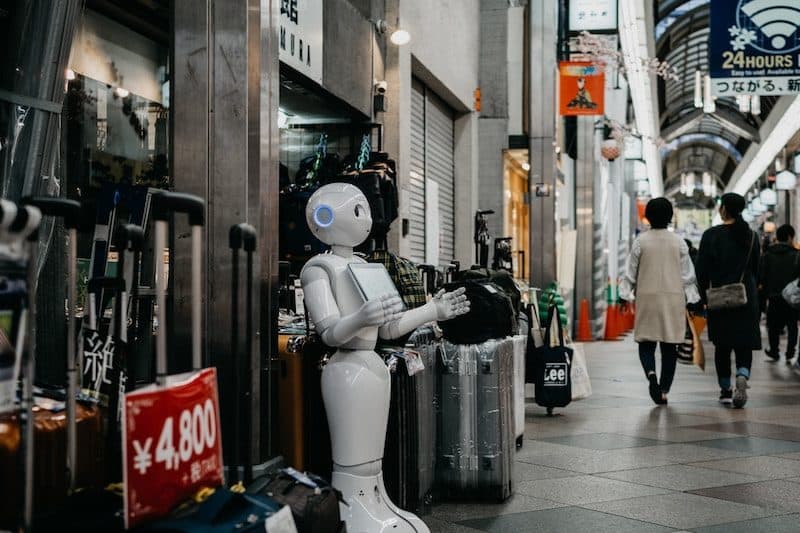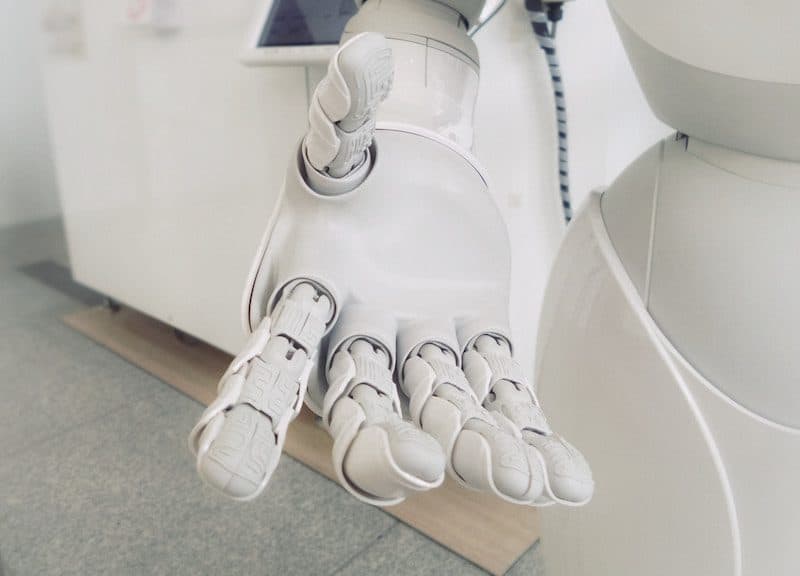Last Updated on March 4, 2024
With technology not only leading us into the future but having a full-blown marathon, some individuals can’t help but ask “What is RPA?”
With RPA changing the way business is conducted by providing solutions to human errors in the workplace, a new era in the corporate world is about to bubble to the surface. With that said, what exactly does the future of RPA hold?
More businesses will adapt to start using RPA

With the modern business being all about customer satisfaction, more businesses will be open to using RPA software. Take, for example, this scenario: A customer service centre dealing with thousands of emails per day will experience a few glitches where an email did not reach the correct receiver or did not reach the recipient at all.
When RPA takes over the process of email classification, productivity within the company gets a huge boost as emails reach recipients without flaw. Thus, with it being both time-saving and efficient, businesses will soon find RPA to be the solution to the gap in their customer satisfaction statistics.
With more businesses adapting to RPA, new applications will be invented to support more versatile use. With this, there is no doubt that corporate companies’ interest will be sparked to take RPA for a spin and give it a home within the company.
However, many companies still feel intimidated by this type of technology and fear being let down. With a turnaround in this regard, RPA adoption in the corporate world will be something that could happen on a daily base.
RPA will be designed to integrate more tool variety

In essence, RPA can be used as a software tool on its own but for most companies; integration with current tools is the top choice. Most companies want to be able to combine different tools they are currently using with RPA software to provide them with optimum productivity.
For example, a company that make use of cloud documents would want an RPA system that fully adheres to those standards without manual interference. This will create trust in the RPA and provide companies with peace of mind.
Where it was once a need to train employees to use and customize certain business tools, the specific RPA software is already designed to use and implement the tools.
Where it was once believed that technology will take over human interaction, RPA provides a solution that falls a little softer on the ears. Different from AI, RPA makes use of human processes rather than human thoughts.
Rather than RPA being something to be afraid of, it gives the workforce a new way to manage, understand and analyze daily operations without any flaws or disruptions. That, in turn, gives consumers a better service experience – something every company strives for in everyday operations.
After all, with RPA still being in its infancy, there is no telling the number of technological advances we can still experience when it comes to this amazing software.

